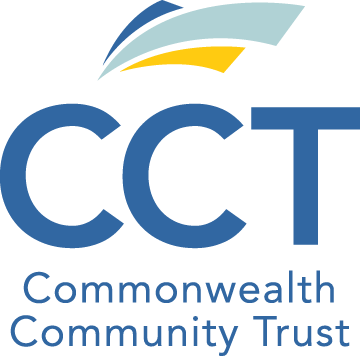ABLE
ABLE Overview
The Stephen Beck, Jr., Achieving a Better Life Experience Act (ABLE Act), enacted on December 19, 2014, allows an eligible individual with a disability to have tax-free savings account without jeopardizing his or her Medicaid and SSI eligibility. This new savings tool, modeled after the 529 college savings plans, allows disbursements, including earnings from the account to pay for qualified expenses.
Comparison of ABLE Accounts &
Pooled Special Needs Trusts
Both an ABLE Account and a Pooled Special Needs Trust (PSNT) are intended to protect Medicaid and Supplemental Security Income (SSI) eligibility and are used to pay for expenses that can enrich the quality of life of an individual with a disability. Each has advantages that require careful considerations to determine which option best meets the needs of the beneficiary, or if it would be beneficial to have both.
Want to learn more about the ABLE program available to you? Click here for access to the
ABLE National Resource Center.
Criteria to Consider for ABLE Accounts:
- The onset of the disability must have occurred before age 26.
- Documentation of disability
- Funding maximum of $18,000* per year
- Medicaid will not be jeopardized regardless of the account balance.
- Responsibility of the designated beneficiary or the person with signature authority to make qualified disbursements decisions without the need for professional oversight
- Medicaid payback upon the death of the account beneficiary for any funds remaining in the account
- Suspension of SSI if account balance goes above $100,000
- Responsible for the designated beneficiary or the person with signature authority for selecting investment options which can be changed twice per year
- Knowledge about qualified disability-related expenses
- Minimal fees to set up
- Providing reports to the IRS and other government agencies, such as Medicaid and SSI, upon request
- Ability to pay for housing (Funds from a pooled special needs trust can be transferred to an ABLE account to pay for housing. To avoid any impact to a beneficiary’s SSI benefits, funds from an ABLE account used to pay for housing must be spent within the same calendar month that funds are withdrawn from the account.)
*Amount current as of 2024 and adjusted to the annual gift tax exclusion in effect
Criteria to Consider for CCT’s
Pooled Special Needs Trust:
- Available to individuals who have a disability, regardless of age.
- No limit on the amount deposited into the trust.
- Professional oversight and decision-making to ensure that disbursements are for the benefit of the beneficiary, are prudent, protect benefits, and to prevent misuse or fraud.
- Professional financial management of trust funds with greater investment opportunities as trust funds are pooled.
- Flexibility with how funds can be used (expenses do not have to be directly related to a beneficiary’s disability).
- Set-up fees are more costly but ongoing administrative fees are low.
- Medicaid and SSI benefits will not be jeopardized regardless of the account balance.
- A Third-Party Pooled Special Needs Trust does NOT have a Medicaid payback upon the death of the beneficiary.
- A First-Party Pooled Special Needs Trust requires a Medicaid payback upon the death of the beneficiary.
- Handles reporting requirements to government agencies, such as Medicaid and SSI.
- Available nationwide.


